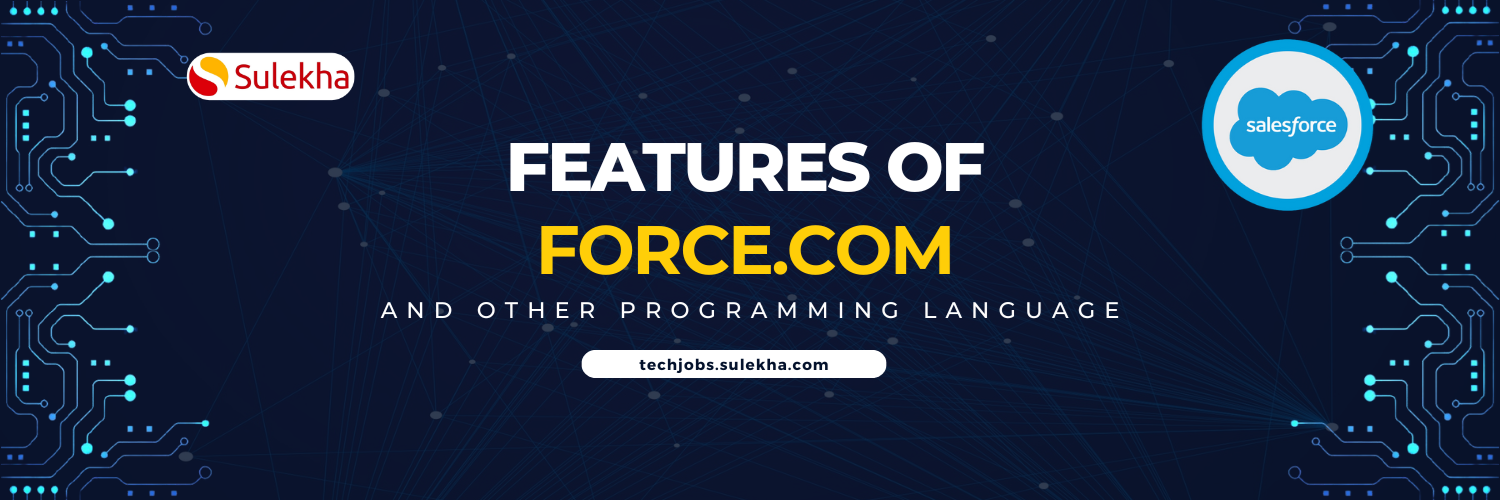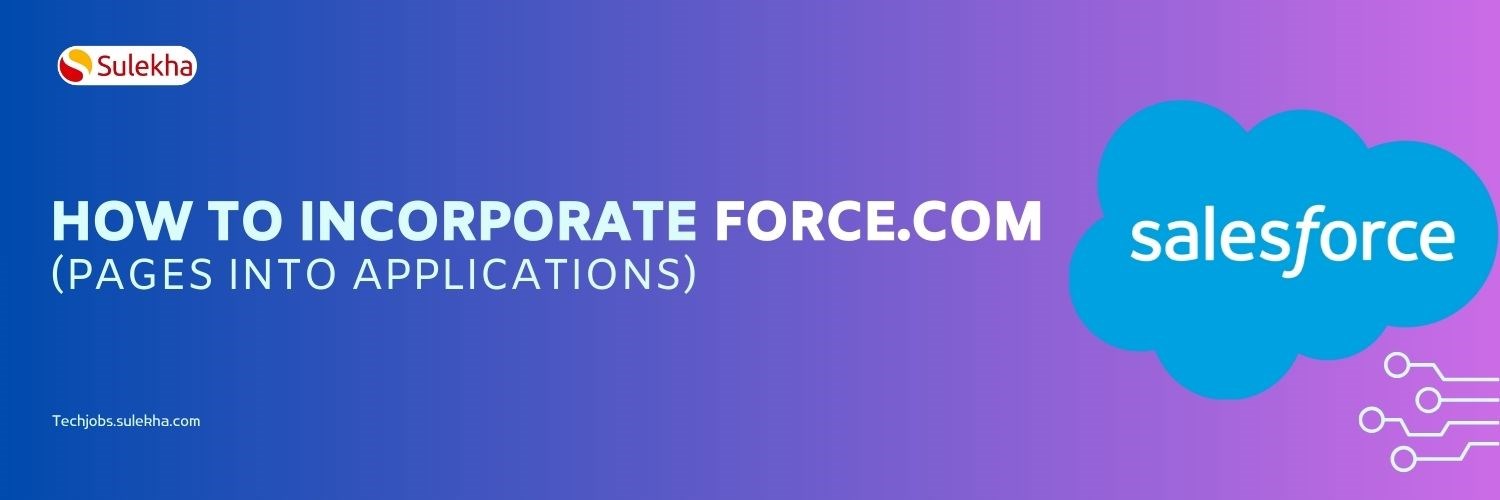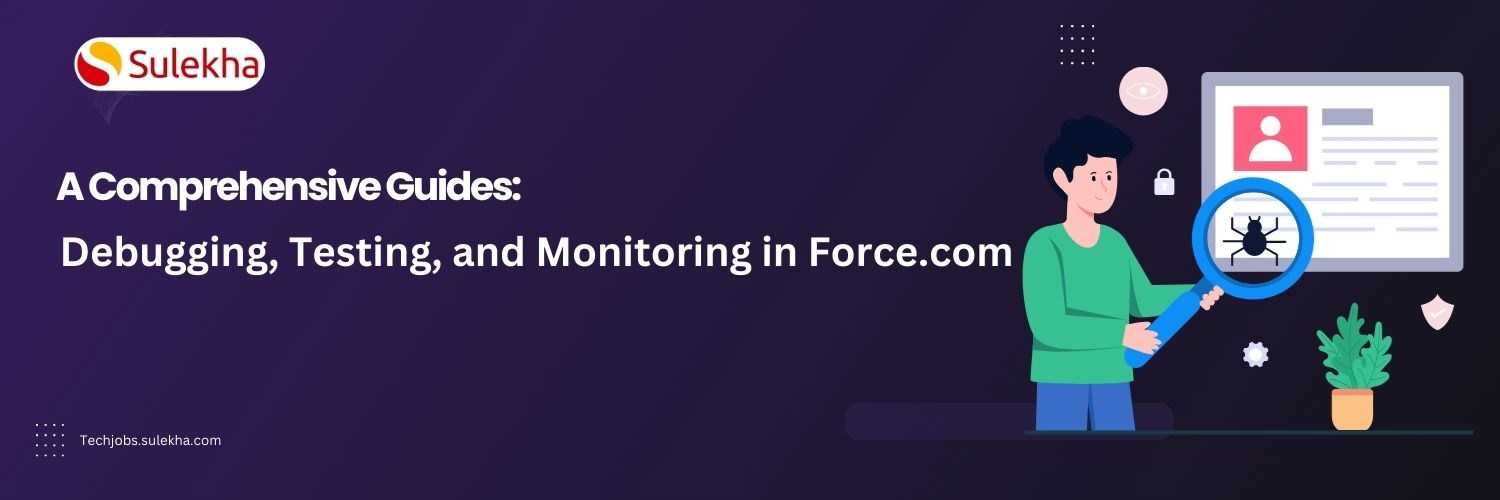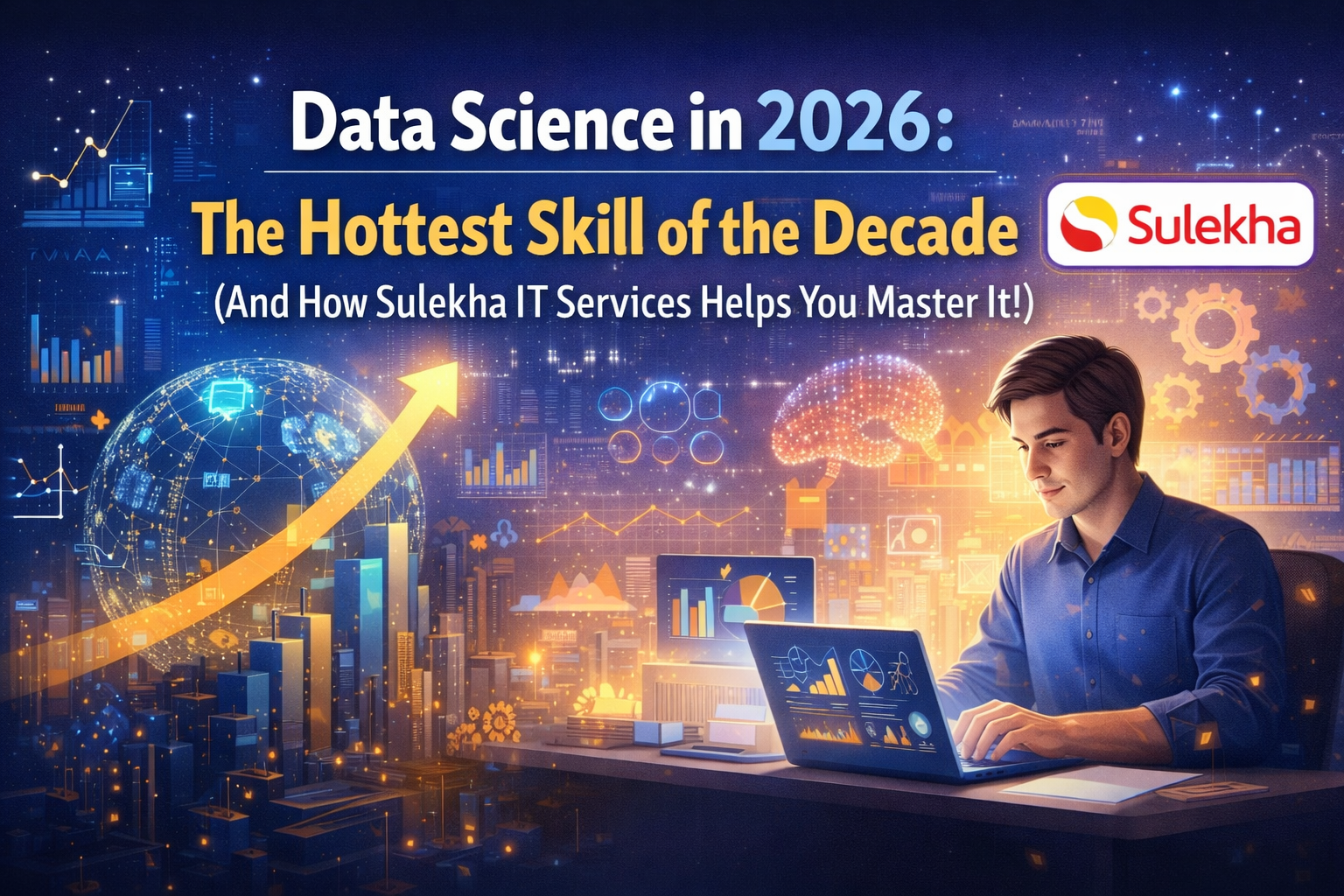INTRODUCTION TO CLINICAL RESEARCH

The process encompasses a complex and lengthy cycle from discovery to the processing of a new drug into the market. Several people are involved, including statisticians, clinicians, data managers, scientists, and SAS programmers, in registering a drug for marketing and in the process of drug making.
On average estimation, the drug-making process might take 10 to 12 years from Research to reach the market. Pharmaceutical companies and research agencies primarily carry out the drug-making process.
The demand for drugs is crucial for many purposes, so this market remains stable and competitive. Due to the proliferating demand for drug usage, pharmaceutical companies discover new drugs efficiently and quickly.
Drug Development Process
It is a unique stage that can be classified into:
Drug Discovery
Drug Development
Clinical Trials
Manufacturing
Marketing Approval
The primary purpose of discovering a drug is to cure a specific disease. Based on the diseases, the drug-making process varies, but the drug will undergo various chemical or biological compound testing.
The drug testing process is performed in test tubes (laboratory, in vitro) and on animals (in vivo) to check how they affect the biological systems. This development
The development process includes pharmacological studies of the lead compound and its effects on toxicity, carcinogenicity, mutagenicity, and reproductive development.
These steps are crucial in determining whether the drug is safe, effective, and has the lead compound and potential. In drug testing, thousands of compounds are screened and tested before being finally released into the market as drug products. In this testing process, only a few drugs are approved, and others are rejected.
Clinical Research
Clinical Research is a subfield of medical science that evaluates the efficacy and safety of drugs, equipment, diagnostic supplies, and treatment plans intended for human consumption.
Clinical Research includes:
Research in medicine and behavior involving volunteers
Study and analysis are carefully carried out; every investigation stage will be recorded.
The identification and testing are processed to prevent, diagnose, treat, and understand human disease.
Drugs released in the market have come across various stages of testing and help treat new diseases.
Drug processing is a long-term study.
Strict scientific guidelines
Ethical and regulatory constraints must be considered when designing and carrying out a clinical trial. Ethical principles must be followed before a drug is submitted for a clinical trial to protect participants. The United States National Institutes of Health (NIH) has stipulated seven ethical requirements:
1. Social value
2. Scientific validity
3. Fair subject selection
4. Informed consent
5. Favorable risk-benefit ratio
6. Independent review
7. Respect for human subjects
Clinical Trials
Clinical trials are research studies that evaluate the safety and effectiveness of medical treatments, interventions, drugs, devices, or therapies in humans. They are crucial steps in developing new treatments or improving existing ones. Clinical trials help determine whether a new intervention is safe, how well it works, and whether it offers any advantages over currently available treatments.
Randomization, control groups, and blinding techniques are often employed to maintain objectivity and minimize bias in the trial's results. Rigorous data collection, monitoring, and analysis are conducted throughout the trial to evaluate the intervention's impact on participants' health.
Clinical Research Process
Pre-clinical testing
Investigational New Drug Application (IND)
Phase I (assess safety)
Phase II (test for effectiveness)
Phase III (large-scale testing)
Licensing (approval to use)
Approval (available for prescription)
Post-marketing studies (special studies and long-term effectiveness/use)
These are the eight phases of the clinical research process. In the next blog, we will discuss these processes in detail.
In conclusion, clinical research is a cornerstone of medical advancement, offering a systematic approach to understanding and improving healthcare interventions. It encompasses many studies, from observational research to randomized controlled trials, to evaluate the safety, efficacy, and real-world impact of treatments, drugs, therapies, and medical devices in human subjects. Clinical research is indispensable in evidence-based medicine, informing healthcare decisions and regulatory approvals. This introduction serves as a gateway to explore the intricacies of clinical research, its phases, ethical considerations, and its pivotal role in shaping healthcare's future.
Find a course provider to learn Salesforce
Java training | J2EE training | J2EE Jboss training | Apache JMeter trainingTake the next step towards your professional goals in Salesforce
Don't hesitate to talk with our course advisor right now
Receive a call
Contact NowMake a call
+1-732-338-7323Take our FREE Skill Assessment Test to discover your strengths and earn a certificate upon completion.
Enroll for the next batch
Salesforce Course Online Training Course
- Feb 2 2026
- Online
Salesforce Course Online Training Course
- Feb 3 2026
- Online
Salesforce Course Online Training Course
- Feb 4 2026
- Online
Salesforce Course Online Training Course
- Feb 5 2026
- Online
Salesforce Course Online Training Course
- Feb 6 2026
- Online
Related blogs on Salesforce to learn more

Describe when and why to use the Force.com code
Discover how to leverage the power of Apex code to automate business processes, enhance user experience, and improve data quality in your Salesforce organization.

Features of Force.com code and distinguish between Force.com code and other programming languages.
Learn how to seamlessly integrate Force.com pages into your Salesforce applications to enhance user experience and discover the steps to create, customize, and deploy custom pages that meet your specific business needs.

List and Describe Syntax Features of Force.com Code
Master the syntax features of Force.com code and description for each feature.
An Introduction: Integrating with the Salesforce Force.com Platform
Unlock the full potential of your Salesforce implementation by integrating it with external systems and applications.

Describe How to Incorporate Force.com Pages into Force.com Applications
Learn how to seamlessly integrate Force.com pages into your Salesforce applications to enhance user experience and discover the steps to create, customize, and deploy custom pages that meet your specific business needs.

Describe the save execution order and use of before and after triggers
Learn how to write triggers that execute at the right time to meet your specific business needs

Debugging, Testing, and Monitoring in Force.com: A Comprehensive Guide
Explore the essential techniques for debugging, testing, and monitoring your Force.com applications.
A Comprehensive Guide to Managing Static Resources in Salesforce
We have discussed the types of Static Resources, how to Create & Use Static Resources and best Practices for Managing Static Resources in Salesforce
Introduction to Force.com Sites – Overview
Learn about the features, benefits, and use cases for Force.com Sites, and discover how to create a custom website that integrates with your Salesforce data and workflows.
Distinguish between standard controllers, custom controllers, and extensions
This guide covers the features, benefits, and use cases for each type of controller, helping you to build more efficient and effective Salesforce applications.
Latest blogs on technology to explore

Drug Safety & Pharmacovigilance: Your 2026 Career Passport to a Booming Healthcare Industry!
Why This Course Is the Hottest Ticket for Science Grads & Healthcare Pros (No Lab Coat Required!)" The Exploding Demand for Drug Safety Experts "Did you know? The global pharmacovigilance market is set to hit $12.5B by 2026 (Grand View Research, 202

Launch Your Tech Career: Why Mastering AWS Foundation is Your Golden Ticket in 2026
There’s one skill that can open all those doors — Amazon Web Services (AWS) Foundation

Data Science in 2026: The Hottest Skill of the Decade (And How Sulekha IT Services Helps You Master It!)
Data Science: The Career that’s everywhere—and Nowhere Near Slowing Down "From Netflix recommendations to self-driving cars, data science is the secret sauce behind the tech you use every day. And here’s the kicker: The U.S. alone will have 11.5 mill

Salesforce Admin in 2026: The Career Goldmine You Didn’t Know You Needed (And How to Break In!)
The Salesforce Boom: Why Admins Are in Crazy Demand "Did you know? Salesforce is the 1 CRM platform worldwide, used by 150,000+ companies—including giants like Amazon, Coca-Cola, and Spotify (Salesforce, 2025). And here’s the kicker: Every single one

Python Power: Why 2026 Belongs to Coders Who Think in Python
If the past decade was about learning to code, the next one is about coding smarter. And in 2026, the smartest move for any IT enthusiast is learning Python — the language that powers AI models, automates the web, and drives data decisions across ind

The Tableau Revolution of 2025
"In a world drowning in data, companies aren’t just looking for analysts—they’re hunting for storytellers who can turn numbers into decisions. Enter Tableau, the #1 data visualization tool used by 86% of Fortune 500 companies (Tableau, 2024). Whether

From Student to AI Pro: What Does Prompt Engineering Entail and How Do You Start?
Explore the growing field of prompt engineering, a vital skill for AI enthusiasts. Learn how to craft optimized prompts for tools like ChatGPT and Gemini, and discover the career opportunities and skills needed to succeed in this fast-evolving indust

How Security Classification Guides Strengthen Data Protection in Modern Cybersecurity
A Security Classification Guide (SCG) defines data protection standards, ensuring sensitive information is handled securely across all levels. By outlining confidentiality, access controls, and declassification procedures, SCGs strengthen cybersecuri

Artificial Intelligence – A Growing Field of Study for Modern Learners
Artificial Intelligence is becoming a top study choice due to high job demand and future scope. This blog explains key subjects, career opportunities, and a simple AI study roadmap to help beginners start learning and build a strong career in the AI

Java in 2026: Why This ‘Old’ Language Is Still Your Golden Ticket to a Tech Career (And Where to Learn It!
Think Java is old news? Think again! 90% of Fortune 500 companies (yes, including Google, Amazon, and Netflix) run on Java (Oracle, 2025). From Android apps to banking systems, Java is the backbone of tech—and Sulekha IT Services is your fast track t